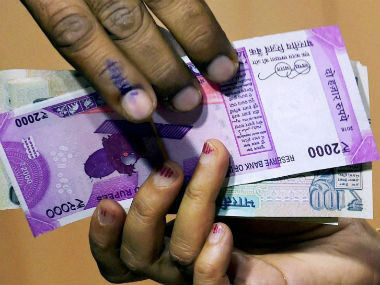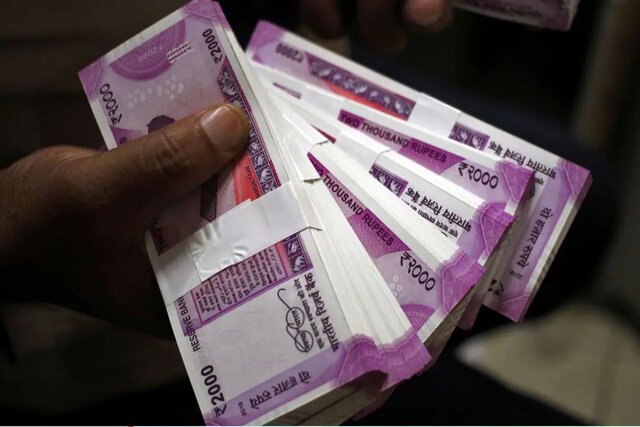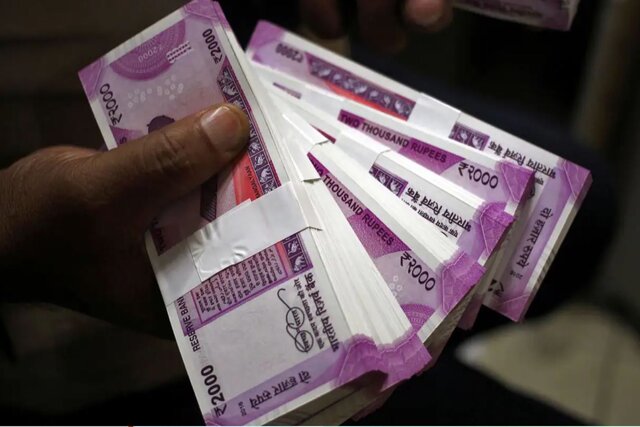Banks have amassed deposits worth Rs 5,11,565 crore until 18 November after the government announced the demonetisation of Rs 500 and Rs 1,000 notes and exchanged notes worth Rs 33,006 crore, the Reserve Bank of India said in a press release today.
What this means is the banks have received Rs 5.45 lakh crore worth Rs 500 and Rs 1,000 denominations over the eight days of demonetisation exercise.
Earlier, finance minister Arun Jaitley had said that In the first four days until 13 November 5 pm, banks had received deposits worth Rs 3 lakh crore.
The government announced cancellation of legal tender of the high denomination currencies claiming it would put an end to circulation of fake notes, terror financing and also black money generation.
Ever since the measures came into force, banks, ATMs and post offices have been seeing huge crowds thronging to either exchange or deposit the banned currency notes they possess.
The government has also taken a few measures to curb any misuse of the deposit and exchange scheme by black money holders to whiten their ill-gotten wealth.
A look at the numbers released today shows that the pace of deposit accretion in the banks is slowing progressively.
While in the first four days, the accretion stood at Rs 3 lakh crore, in the next five days the corresponding figure is just more than Rs 2 lakh crore.
Observers don’t see anything fishy in the figures. Anis Chakravarty, lead economist, Deloitte, said the the surge on deposits in the first few days could be because of the initial panic.
“People might have rushed to the banks to deposit at the first instance due to panic. Over the last few days the queques have also reduced showing the worries may be subsiding. However, these figures are of least importance. What I am looking at is the final figure that the government will give out after 31 December,” he said.


)




)
)
)
)
)
)
)
)